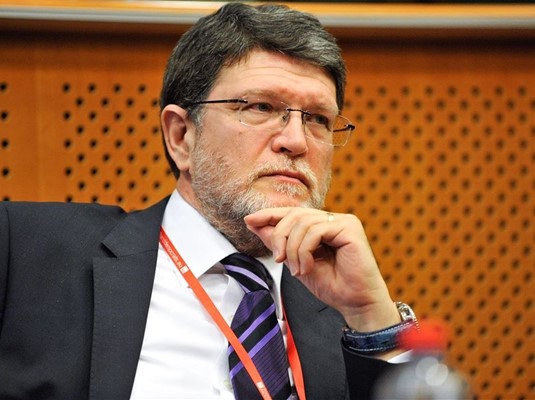Many expected your candidacy to become the new President of SDP. Why didn't this happen?
There are several reasons why I decided not to run for the position of President of SDP this time. First, I believe that SDP needs changes, and given the current circumstances, only one serious rival to the incumbent President has a viable chance of success. Since my colleague Zlatko Komadina already presented his candidacy a year and a half ago, and recently confirmed it publicly, it was my assessment that my entry into the game would split the existing front which demands change and would thus facilitate the continuation of the present state of things. This was one responsibility I did not wish to take. Secondly, as a politician with 25 years of experience I know very well how important it is to have a so-called base, i.e. to operatively lead a party or a part of it. Since I haven't been leading any of the party organizations for years, I could not ignore such a deficit, nor make up for it in such a short time. However, the decision not to apply for President doesn't mean I'm going to avoid this exceptionally important electoral process in SDP. I'm running for the membership in the Presidency, for the position of Vice President of SDP, to be exact. It expresses a part of my deep interest in the future of the party. I care very much about what will be happening to the SDP in the times to come.
What changes in the SDP are you advocating?
In ordrer to answer the question of where the party is now and what it might be, we must first assess what represents reform, and what regression when it comes to social democracy. On the European level, the welfare state - developed for decades in a sort of practical consensus between conservatives and social democrats - has long been in retreat. When the Berlin wall fell, the bricks seem to have flown to the East, but also to the West as well. From the South to the North of Europe contesting movements are on the rise and they are especially unhappy about what the European Union has been turning into in the last seven or eight years of crisis. As the social benefits of the common market and the political influences of Member States are not well distributed, so is confidence lost in the European project.
You can read the full interview at the link.


